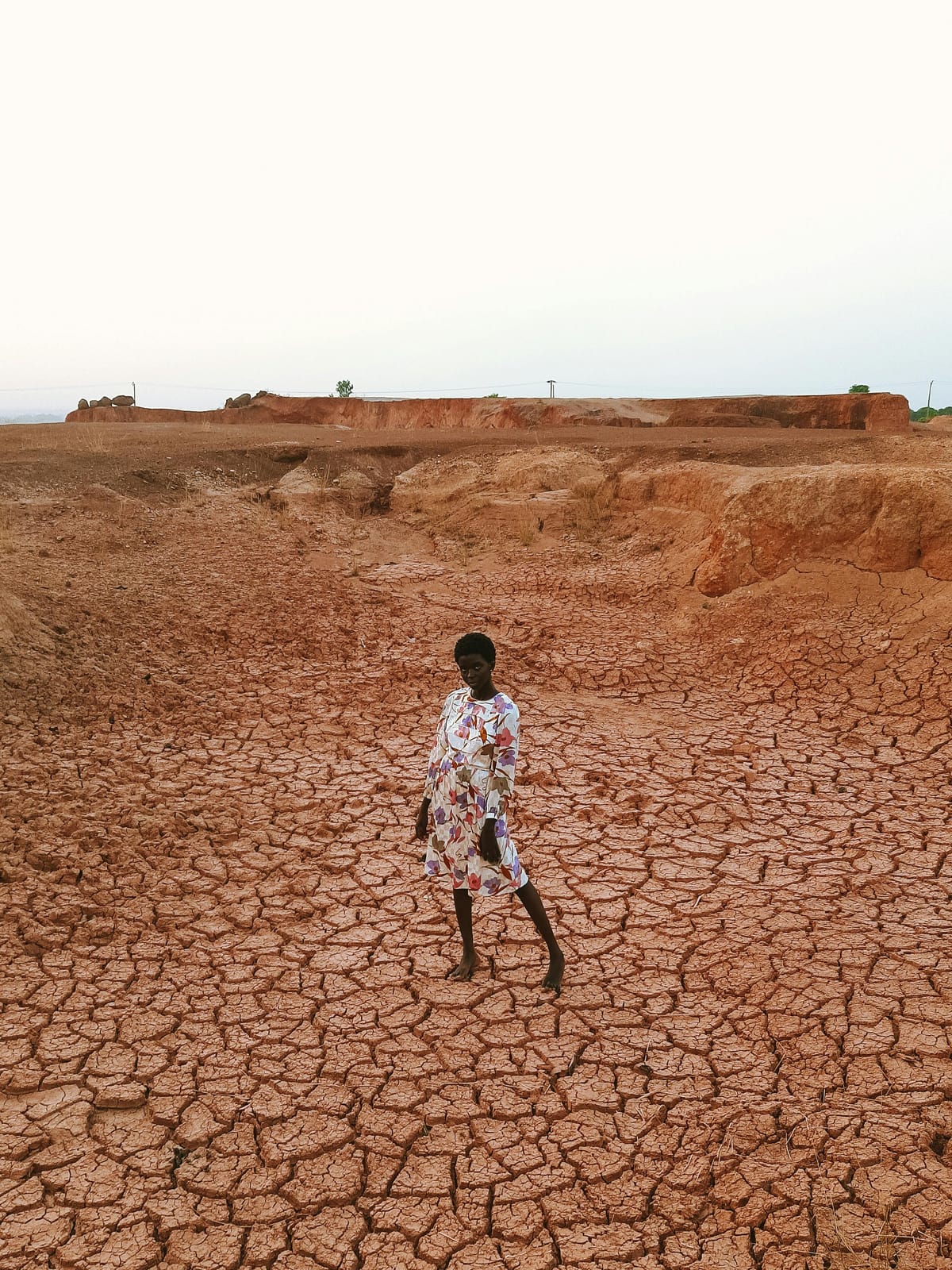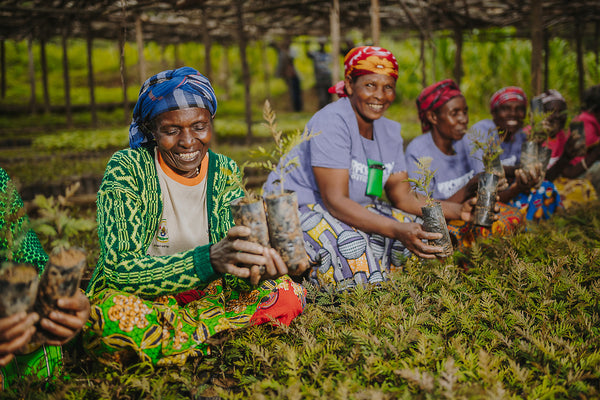
The climate crisis, characterized by resource depletion and pollution, is profoundly intertwined with gender inequality. A UN Women report predicts that up to 158 million women and girls may be pushed into poverty due to climate change by 2050. However, empowering women as community leaders can lead not only to improved agricultural productivity but also meaningful reductions in carbon emissions. Research indicates that if all female smallholders had equal access to resources, their farm yields could increase significantly—by 20-30%—potentially alleviating hunger for millions while promoting sustainable practices such as regenerative agriculture. Gender-inclusive governance models improve conservation outcomes; communities implementing gender quotas see better wealth distribution and less environmental degradation. Moreover, addressing overpopulation through family planning initiatives enhances sustainability efforts. With many developing nations facing unmet contraceptive needs among reproductive-age women (214 million), comprehensive family planning programs are essential for reducing ecological footprints. Lastly, investing in girls’ education empowers them environmentally: educated women tend towards fewer children who are generally healthier—a critical factor for building resilient communities against the impacts of climate change. By equipping women with necessary resources and rights regarding land ownership or decision-making processes about natural resourcemanagement, we can ensure sustainable practices that benefit both their families and the environment. This holistic approach not only fosters gender equality but also enhances community resilience, ultimately contributing to a more sustainable future for all
Source ▼
 One Tree PlantedDiana Chaplin
One Tree PlantedDiana Chaplin

